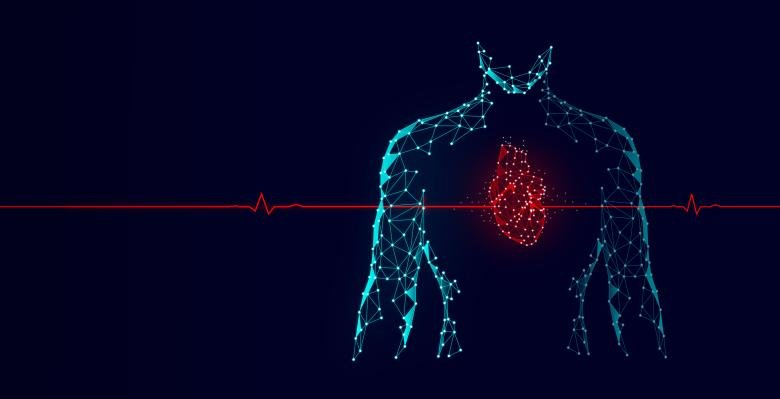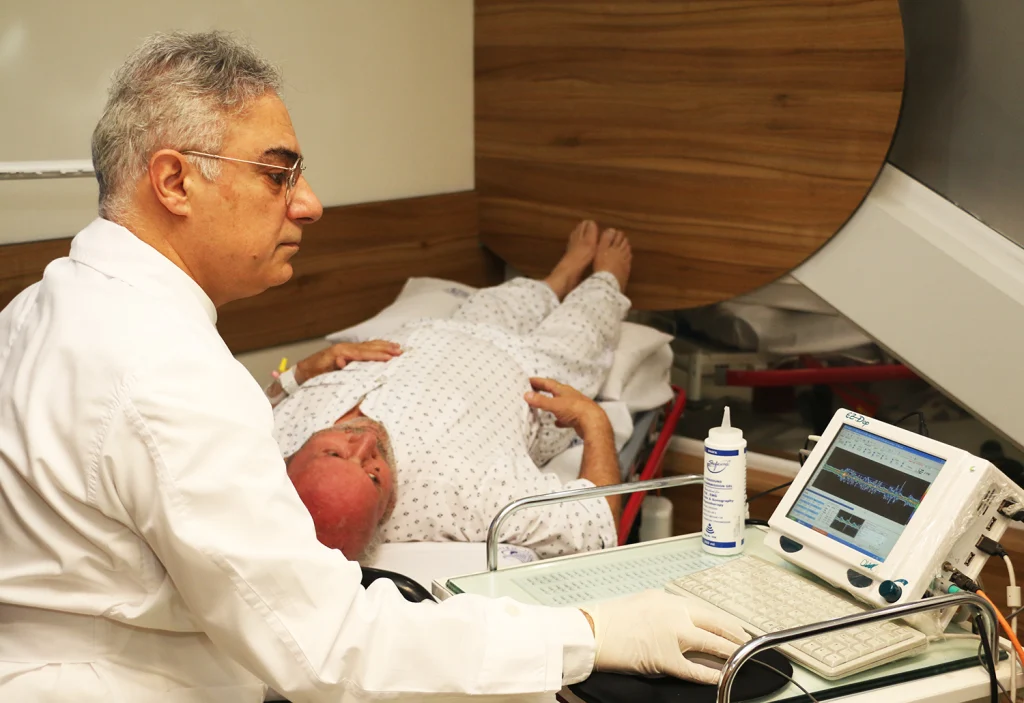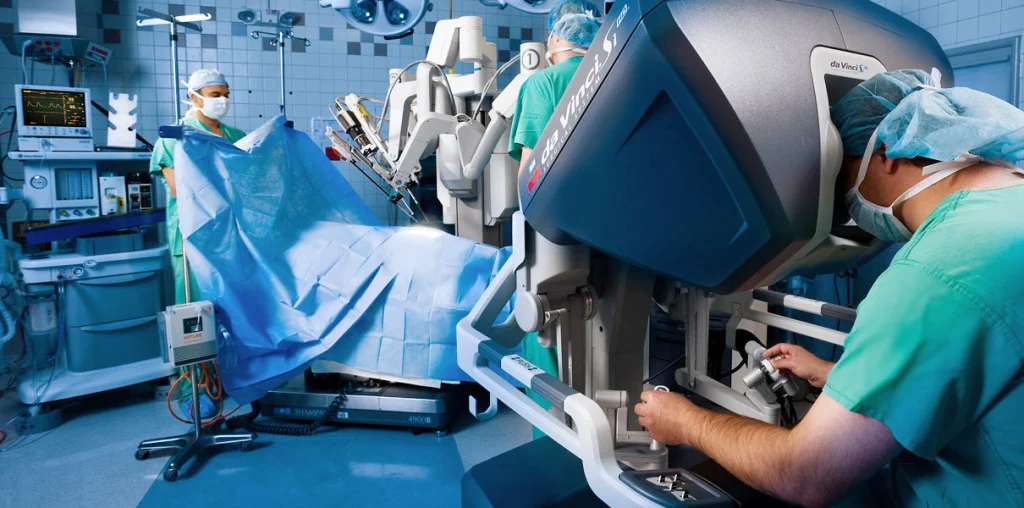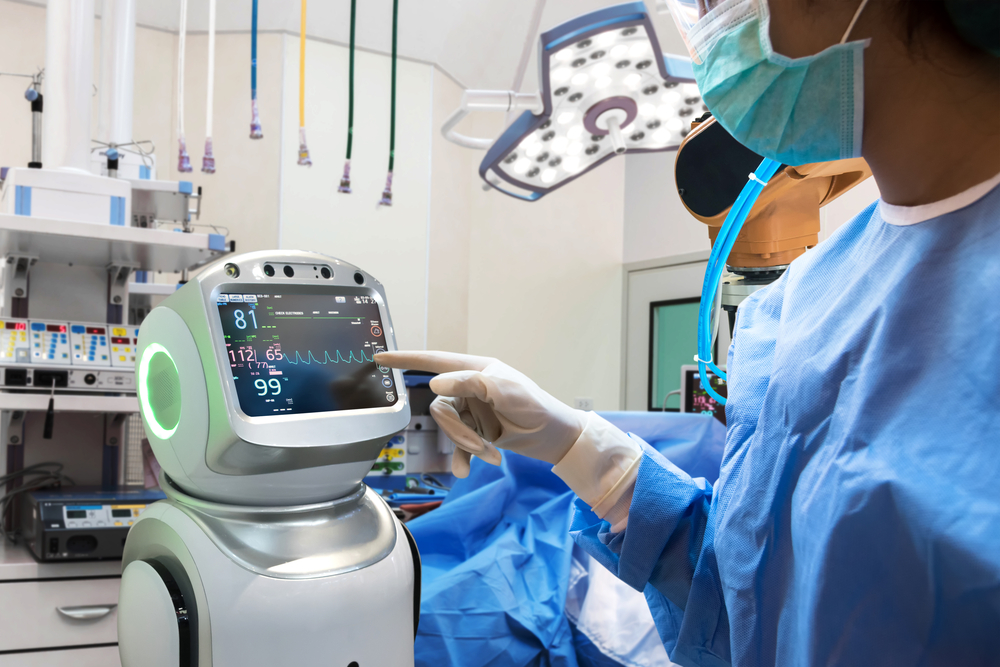Advancement in Cardiology
Cardiology has witnessed groundbreaking advancements over the years, offering new hope to patients with heart diseases. With innovative diagnostic tools, treatment methods, and a deeper understanding of cardiovascular health, the field continues to evolve. These developments are saving lives and improving the quality of life for millions worldwide. This blog explores the latest advancements in cardiology and how they are transforming the way we address heart diseases.

1. The Rise of Non-Invasive Diagnostic Techniques
Modern cardiology relies heavily on accurate and early diagnosis, and non-invasive methods have revolutionized this aspect. Some notable techniques include:
Cardiac CT Scans and MRIs
Advanced imaging procedures like cardiac CT and MRI offer detailed views of the heart’s structure and function without the need for invasive procedures. These technologies help detect conditions like blocked arteries, heart valve issues, and congenital defects.
Echocardiography Advancements
Innovations such as 3D and 4D echocardiography provide dynamic views of the heart in real-time, improving diagnostic accuracy for diseases like mitral valve prolapse or cardiomyopathies.
Wearable Technology
Devices like smartwatches with ECG capabilities allow continuous heart monitoring, detecting irregularities such as atrial fibrillation (AFib) at an early stage.

2. Breakthroughs in Treatment Options
a) Transcatheter Procedures
Minimally invasive procedures are now the cornerstone of modern cardiology.
TAVR (Transcatheter Aortic Valve Replacement)
TAVR replaces a diseased aortic valve without open-heart surgery, significantly benefiting elderly or high-risk patients.MitraClip Technology
This procedure repairs leaking mitral valves without the need for extensive surgery, offering quicker recovery and fewer complications.
b) Advanced Medications
The pharmaceutical landscape has seen the development of drugs that effectively manage chronic heart conditions.
SGLT2 Inhibitors
Originally used for diabetes, these medications have proven effective in treating heart failure by reducing fluid buildup and improving heart function.PCSK9 Inhibitors
These drugs lower LDL cholesterol levels dramatically, reducing the risk of heart attacks and strokes.
c) Gene and Stem Cell Therapy
Emerging treatments like gene editing and stem cell therapy are showing promise in repairing damaged heart tissues.
CRISPR Technology
Gene-editing techniques like CRISPR are being researched for their potential to correct genetic mutations causing heart diseases.Stem Cell Therapy
Stem cells are being used to regenerate damaged heart muscles after a heart attack, potentially reversing heart failure.
3. Advancements in Surgical Techniques
a) Robotic-Assisted Surgeries
Robotics and AI-assisted procedures provide unparalleled precision, minimizing risks and recovery time. Surgeons can perform complex operations with greater accuracy, such as coronary artery bypass or valve repairs.
b) Hybrid Operating Rooms
These integrated setups allow for real-time imaging during surgeries, enabling a seamless transition between diagnostic and interventional procedures.

4. Artificial Intelligence in Cardiology
AI has become a game-changer in cardiology, offering insights that were previously unimaginable.
a) Predictive Analytics
AI algorithms analyze patient data to predict heart disease risks, enabling proactive interventions.
b) AI-Assisted Imaging
Machine learning models assist in identifying abnormalities in diagnostic images, speeding up the process and improving accuracy.
c) Virtual Health Assistants
Chatbots and apps powered by AI guide patients in managing their heart conditions, reminding them to take medications or log symptoms.

5. Innovations in Heart Devices
a) Virtual Health Assistants
Leadless Pacemakers
These tiny devices are implanted directly into the heart, eliminating the need for leads and reducing complications.Implantable Cardioverter Defibrillators (ICDs)
ICDs automatically detect and correct life-threatening arrhythmias, preventing sudden cardiac arrest.
b) Artificial Hearts and Ventricular Assist Devices
Total Artificial Hearts (TAH)
These mechanical devices replace both ventricles, serving as a lifeline for patients awaiting heart transplants.Left Ventricular Assist Devices (LVADs)
LVADs support a failing heart, improving its pumping efficiency and extending patients’ lives.
6. Personalized Medicine in Cardiology
One-size-fits-all approaches are being replaced by personalized treatments tailored to an individual’s genetic makeup and health profile.
a) Pharmacogenomics
This field studies how genes affect a person’s response to drugs, ensuring optimal medication and dosages for heart disease patients.
b) Lifestyle-Based Interventions
With advancements in digital health monitoring, treatment plans can now be customized based on a patient’s daily activity levels and habits.
7. Telemedicine and Remote Monitoring
The COVID-19 pandemic accelerated the adoption of telemedicine, and it has become a vital procedure in cardiology.
a) Virtual Consultations
Patients can consult cardiologists from the comfort of their homes, ensuring continuous care without geographical barriers.
b) Remote Monitoring Systems
Connected devices track vital signs like heart rate and blood pressure, enabling doctors to adjust treatments in real time.
8. Preventive Cardiology: A New Focus
The emphasis on prevention has gained momentum, with a shift towards educating individuals on maintaining heart health through:
a) Nutritional Counseling
Programs focused on balanced diets rich in heart-friendly foods like omega-3 fatty acids, whole grains, and vegetables.
b) Physical Activity Recommendations
Structured exercise routines tailored to individual needs are becoming a standard part of cardiology care.
For your Information
Get the Consultation with the best cardiologist in Dubai. click here
Do you know what happens when Cholesterol is High? How to Manage It? Click here to know some interesting facts.
Conclusion
The field of cardiology has made remarkable strides, transforming how heart diseases are diagnosed, treated, and prevented. From minimally invasive procedures to groundbreaking technologies like AI and gene therapy, the possibilities seem endless. As research continues to push the boundaries, the future of heart health looks promising, offering hope and better outcomes for patients worldwide.
By staying informed about these advancements, individuals can make proactive choices about their heart health, ensuring a longer and healthier life.